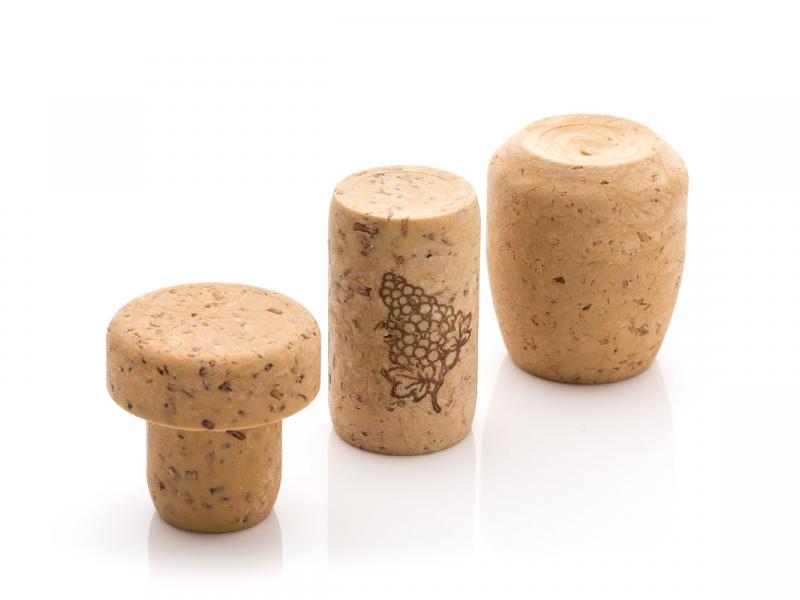
QUESTION: Is wine better or worse with a synthetic cork instead of a natural cork?
 I hate synthetic corks and love natural cork or Stelvin screw tops. Synthetic corks are often very difficult to pull out of the bottle. They haven’t yet convinced me that a wine can age as well with a synthetic cork as they can with natural cork or even screw top. To me, synthetic cork indicates cheap wine or a wine that is unlikely to be made in a natural way. The only advantage is that a synthetic cork will eliminate most of the risk of TCA [infection often found in natural cork, which destroys wine flavors] but a screw top is preferable to a synthetic cork. - Bartholomew Broadbent, CEO of Broadbent Selections
I hate synthetic corks and love natural cork or Stelvin screw tops. Synthetic corks are often very difficult to pull out of the bottle. They haven’t yet convinced me that a wine can age as well with a synthetic cork as they can with natural cork or even screw top. To me, synthetic cork indicates cheap wine or a wine that is unlikely to be made in a natural way. The only advantage is that a synthetic cork will eliminate most of the risk of TCA [infection often found in natural cork, which destroys wine flavors] but a screw top is preferable to a synthetic cork. - Bartholomew Broadbent, CEO of Broadbent Selections
 Synthetic corks are probably the worst alternative to real corks. Most of them do not make as tight of a seal and I would not keep a wine with a synthetic cork more than one year as I would be afraid it would have oxidized. I have tried some at four or five years of age that were fine, but I would not risk it.
Synthetic corks are probably the worst alternative to real corks. Most of them do not make as tight of a seal and I would not keep a wine with a synthetic cork more than one year as I would be afraid it would have oxidized. I have tried some at four or five years of age that were fine, but I would not risk it.
In addition, I have a much harder time removing them from the bottle and, once removed, from my corkscrew. In fact, some of the better corkscrews which come under warranty specifically do not include issues from their synthetic corks under their warranty.
I would also like to mention the use of glass corks. These are t-shaped corks made of glass with an o-ring used for a seal. Developed by Alcoa in Germany, many wineries are starting to use them over the world. At this stage, they seem to be a success. - Loren Sonkin is an IntoWine.com Featured Contributor and the Founder/Winemaker at Sonkin Cellars
To provide diverse, unbiased, and independent advice, Bartholomew and Loren answer all user submitted questions without consulting one another. Sometimes they agree, sometimes they don't. Always interesting though. Have a wine question for them? Submit it via our Contact Us form.






